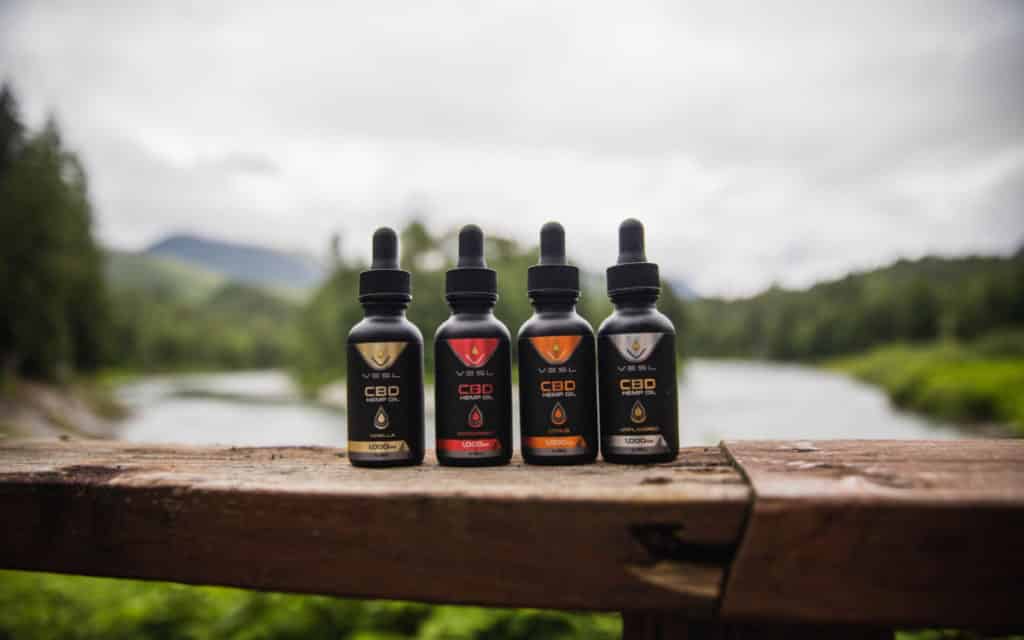CBD oil for acne
Acne can be an extremely frustrating and uncomfortable condition to deal with, making many of us feel self-conscious about our appearance. Many are looking for ways to treat acne, and some have found help by using CBD products. But does CBD oil help with acne? To answer this question, we must look at the research that assesses its potential benefits against acne.
Studies and research
According to a 2014 study published in the Journal of Clinical Evaluation, Cannabidiol (CBD) is the most studied non-psychotropic phytocannabinoid. “It has already been applied in clinical practice without any significant side effects. Numerous ongoing phase II and III trials also intend to explore its further therapeutic potential.” The researchers used cultured human skin to test how CBD oil may help reduce different types of acne. The study suggests that CBD can adjust sebum production. It is an oily substance that blocks the pores leading to bacterial infection, commonly known as acne. Additionally, they recommend that aside from helping to moderate the production of sebum, CBD oil fights inflammation in the skin. “Taken together, these results strongly suggest that CBD’s universal sebostatic action is accompanied by substantial anti-inflammatory effects. This would be very much desired in the clinical treatment of acne vulgaris,” the study states.
A 2016 review of the cannabis plant also noted the antibacterial and antifungal properties of CBD and CBG, which could potentially reduce other skin infections.
A 2022 study published in the Journal of Inflammation Research found that CBD has anti-inflammatory properties. This may reduce redness and swelling associated with breakouts. It also inhibits oil production from sebaceous glands. As a result, it may reduce and prevent the most common triggers for acne flare-ups – oily skin and clogged pores.
Additionally, another recent 2020 journal published in the Clinical, Cosmetic, and Investigational Dermatology Research found that topical application of CBD could potentially reduce inflammation caused by bacteria on the skin’s surface, causing skin disorders and other infections.
Final Note
The studies and research so far are encouraging, but more needs to be done before we can definitively say whether or not cannabidiol helps treat or prevent outbreaks completely. Additionally, the FDA has not approved any medical claims about CBD or CBD products other than one prescription drug for the treatment of seizures associated with tuberous sclerosis complex (TSC), Lennox-Gastaut syndrome (LGS), and Dravet syndrome (DS) in human patients.
Natural alternatives are a go-to for some to improve their health. However, it is a must to remember that everyone’s body is different. What works for one person might not work for another. Therefore, before taking new products like CBD oil and topicals or changing your diet and lifestyle, please consult a doctor or healthcare professional first. They can provide personalized advice tailored specifically for you and ensure the alternative treatments are safe and effective.
This article provides information and education only. These statements have not been evaluated by the Food and Drug Administration. They also do not intend to give medical advice. Always consult a physician or qualified healthcare provider for any questions about your health and well-being. Our products are not intended to diagnose, treat, cure, or prevent any disease.





